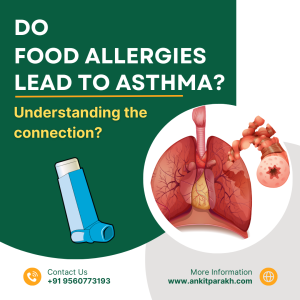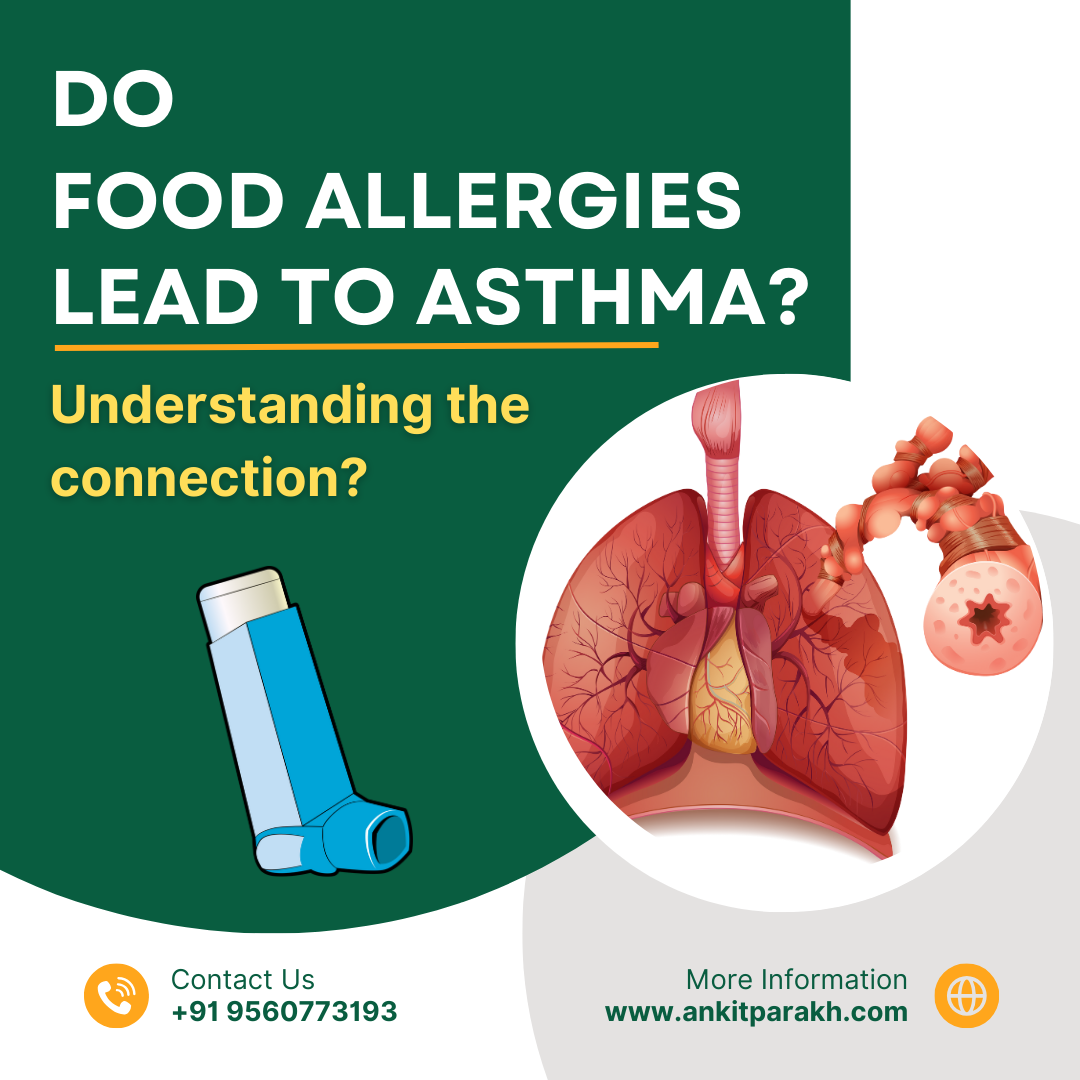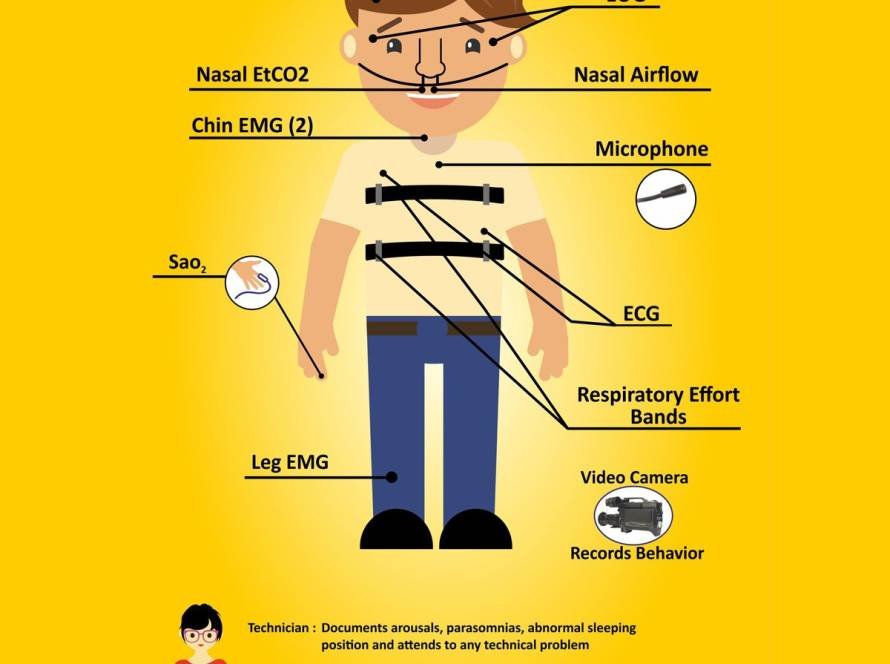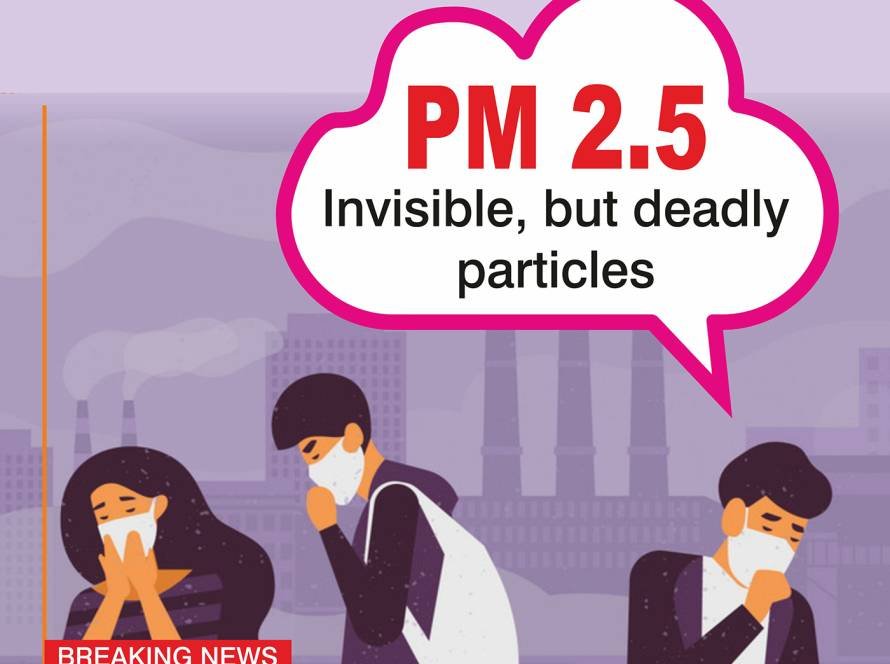Asthma and food allergies are both common conditions, and many people wonder whether food allergens can cause asthma or trigger asthma symptoms. The answer is a bit more complex than a simple yes or no. While food allergens don’t directly cause asthma, they can exacerbate asthma symptoms in those who are already prone to the condition. In this blog, we’ll dive deeper into how food allergies and asthma are connected and what you need to know if you suffer from both. In this blog, we’ll explore how these two conditions are related, the symptoms to watch out for, and how you can manage both to live a healthier, safer life.

The Link Between Asthma and Food Allergies
While food allergens do not directly cause asthma, they can certainly trigger or worsen asthma symptoms. Asthma and food allergies are both immune system-related conditions, and people who have one are more likely to have the other. In fact, research shows that up to 40% of children with food allergies also have asthma. Here are some key ways they are connected:
1. Shared Immune Responses: Both asthma and food allergies involve hypersensitivity reactions from the immune system. In both cases, the body overreacts to harmless substances, either causing airway inflammation in asthma or triggering allergic reactions with food.
2. Increased Risk of Severe Reactions: Having asthma can increase the severity of allergic reactions. For example, an allergic reaction to food can trigger an asthma attack, making it difficult to breathe and increasing the risk of a life-threatening event like anaphylaxis.
3. Worsening of Asthma Symptoms: Exposure to food allergens can worsen asthma symptoms, particularly if the asthma is not well-controlled. This makes managing both conditions simultaneously crucial for those affected.
4. Cross-Reactivity: In some cases, people with food allergies may experience cross-reactivity with other allergens like pollen or dust mites, which can also trigger asthma symptoms.
Symptoms to Watch For
If your child has asthma and food allergies, it’s important to recognize the signs of a serious reaction. The symptoms can overlap, which sometimes makes it hard to distinguish between an asthma attack and an allergic reaction. Anaphylaxis, a severe allergic reaction, is often triggered by food allergens and can cause difficulty breathing due to swelling of the airways. This can either trigger or worsen an asthma attack. For someone with asthma, an anaphylactic reaction is especially dangerous because it can lead to respiratory failure if not treated promptly. In some cases, exposure to food allergens can directly result in asthma symptoms or food allergy-induced asthma attacks. For example, someone who is allergic to a specific food might experience wheezing, coughing, or shortness of breath after consuming even a small amount of that allergen. This is more common in individuals with poorly controlled asthma or severe food allergies.
Here are some key signs to be aware of:
- Worsening wheezing or shortness of breath after eating certain foods
- Swelling of the throat that makes it hard to breathe
- Hives or rashes along with difficulty breathing
- Persistent coughing after consuming a food allergen
In such cases, immediate treatment with an inhaler or epinephrine (for severe allergic reactions) is critical.
Managing Asthma and Food Allergies Together
If your child suffers from both asthma and food allergies, careful management is key to preventing serious health issues. Here are some tips:
1. Avoid Known Food Allergens: If your child has been diagnosed with a food allergy, it’s crucial to avoid the allergen entirely. Always check food labels, be cautious when eating out, and inform others about your food allergy to avoid accidental exposure.
2. Keep Asthma Well-Controlled: Proper asthma management is key to minimizing the risk of severe asthma attacks triggered by food allergens. This may include taking daily medication, using a rescue inhaler when needed, and avoiding known asthma triggers like smoke, pollution, or cold air.
3. Carry Emergency Medications: If child is at risk for anaphylaxis, always carry an epinephrine auto-injector (EpiPen) or pre-loaded syringe and a rescue inhaler for asthma. Make sure that friends, family members, and coworkers know how to use these medications in case of an emergency.
4. Have an Action Plan: Work with your allergist/pulmonologist to develop a personalized asthma and allergy action plan. This plan should outline steps to take in case of an asthma attack or allergic reaction and ensure you’re prepared for any situation.
Conclusion
While food allergens may not directly cause asthma, they can certainly trigger or worsen asthma symptoms in individuals with both conditions. Understanding the connection between food allergies and asthma is essential for proper management and avoiding potentially life-threatening complications. By staying informed, avoiding allergens, and following a treatment plan, you can effectively manage both asthma and food allergies and reduce the risk of severe reactions.
If you suspect that food allergies are triggering your asthma symptoms, consult a child allergist or pulmonologist for proper diagnosis and treatment options.






